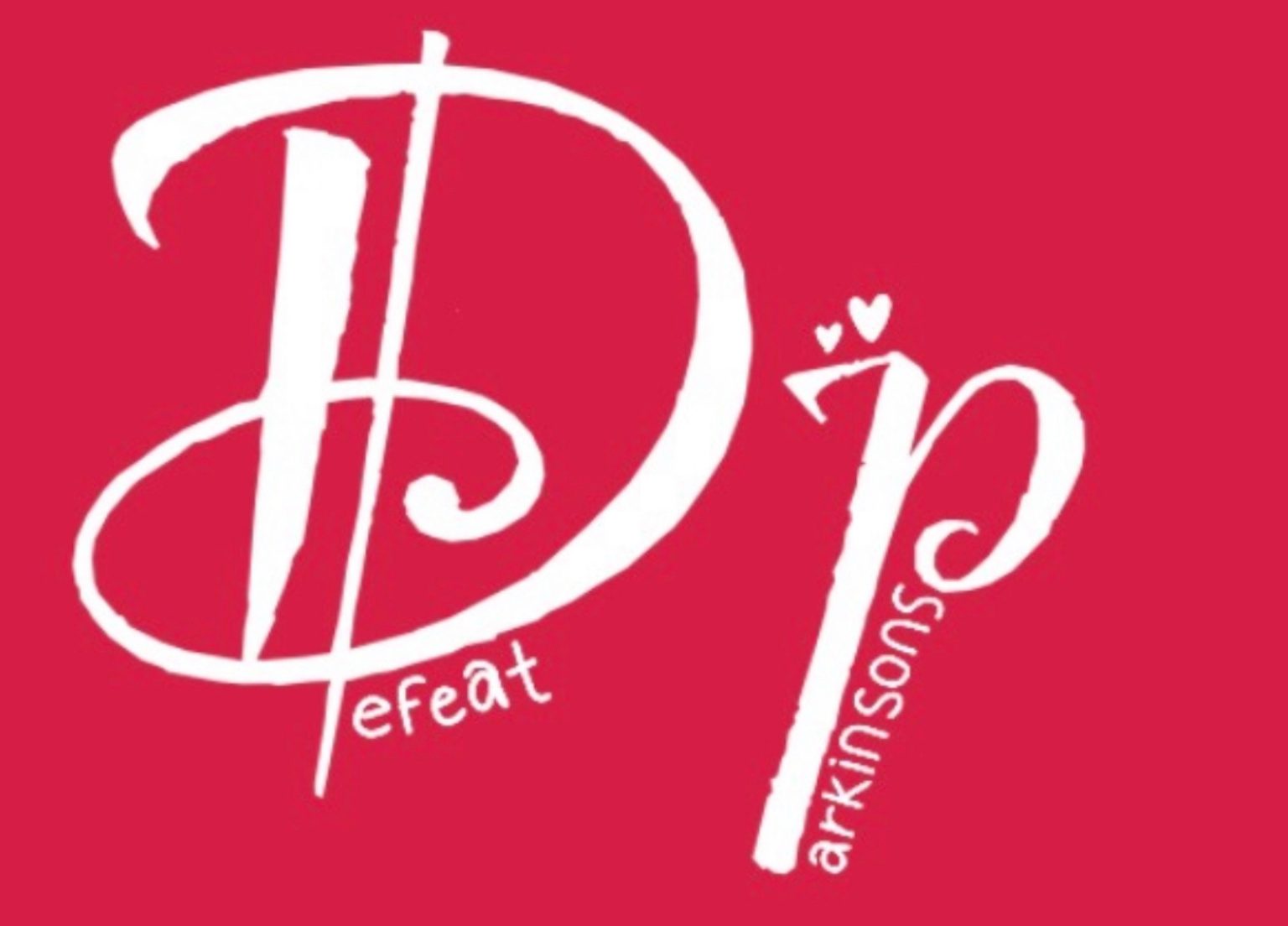“One believes things because one has been conditioned to believe them.” Aldous Huxley, Brave New World
Have you ever wondered why some people seem to always get better with any medication or treatment given; while others have the opposite effect no matter what the treatment therapy is?
Well, you have heard of the “placebo” effect, I am certain. Today, I will discuss the “nocebo” effect…
The term nocebo in Latin translates to English as “I shall harm.” this is in contrast to the commonly known placebo effect in which any type of intervention whether medical, surgical, or homeopathic results in a perceived beneficial response not directly attributable to the mechanism of action of the intervention prescribed. I along with other scientists and clinicians suspect that this harmful effect (opposite of placebo) has been largely ignored and overlooked for many years, particularly when it comes down to treating patients in a healthcare setting.
Both of these outcomes are directly linked to a subconscious mind effect related to our expectations of benefit/ improvement/ as well as side effects and complications with any given treatment.
We tend to feel better and do better when we like the doctor treating us, the setting of our care, as well as if we believe there is merit to the treatment. This is particularly true when participating in a clinical trial – since only highly motivated individuals are prone to partake of these investigations especially as it relates to more invasive studies like DBS, gene therapy, focus ultrasound, and so forth. this of course always begs the question of how much benefit MUST we see before we know it REALLY is beneficial to the majority? Because invariably the mind is a powerful instrument that can render someone completely paralyzed and immobile or have the opposite effect…some may even call it faith. Whatever this intrinsic mechanism is (which some studies have alluded to PD patients having greater faith compared to other chronically ill neurological patients); it usually manifests in improvement of motor symptoms. This is extremely important in studies that rely heavily on self reporting of symptoms. The initial believed improvement could be a figment of the mind, wanting and hoping to have real relief. But, what happens when the study is unmasked and this type of patient find out they were not on treatment? the same holds true for those who believe everything will go wrong and have a slew of side effects on placebo. There is an unraveling- patients may than underreport improvement or exaggerate positive response either way skewing the data.
However, where I have witnessed the biggest problem in outcome in treatment is in clinical practice. There is such a thing as having “too” much knowledge or anticipatory effect. If one goes into a clinic already believing there is no treatment possible to help symptoms, that no matter what you will experience side effects and adverse events or that your physician is not in touch with your condition- this will automatically create a nocebo effect and I guarantee there will be no force or treatment to make you well!
This is why I always highlighted the positive effects of the medication and underplayed the negative possibilities and encouraged patients to not read the entire list of possible side effects before starting a new treatment. I rather recommended trying it first with an open mind. This also applies to getting advice from others. when people hear of great things with a particular treatment they are willing to try more readily but if they constantly hear negative reports the outcomes are mostly going to be disastrous. remember that every individual is unique as to their response of medications, systemic illnesses, and overall genetic and cultural composition so we can not really expect to have same treatment across the border although there are some generalizations across gender and ethnicity. Second, this fact is the reason why I suggest everyone follows up with a physician /healthcare provider they absolutely trust because their faith in this person will subconsciously alter the response to care for the better.
So next time you participate in a study, ask yourself the reason for participating?
- are you trying to please your physician?
- are you desperate for good results?
- did you feel coerced to participate?
- are you just wanting to help science?
- do you have preconceived expectations from what you read or heard?
If you are honest with yourself, these questions will help you decide when and how to participate and have the best outcome…
likewise before you go to the doctor, ask yourself these questions?
- what do I expect from therapy?
- can I talk to this physician?
- does he/she listen to my concerns?
- do I trust this physician? or do I have to consult with others? get second opinion?
- have I heard negative things related to my illness or medications?
- am I going to follow through with directions/recommendations?
We must find a balance between being able to advocate for ourselves, acquire knowledge about our disease and treatment without jeopardizing our future outcome and limiting our treatment options.
With practice and keeping above scenarios and questions in mind – you too can have a better quality of life and be a better research participant without losing faith.

Another excellent article. I look forward to reading them every month.
Thank you sweetie …💕